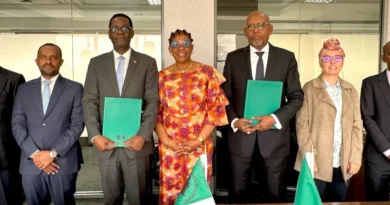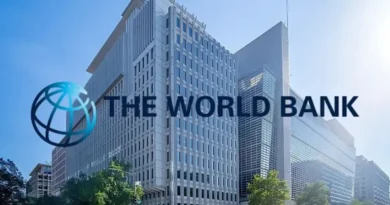Engineer Bornface Zulu Calls for Depoliticization and Streamlining of Bureaucracy in Zambia’s Energy Sector
Engineer Bornface Zulu, a prominent figure in the energy sector, has raised a critical issue that has long hindered Zambia’s progress in the realm of energy production and distribution. In a compelling statement, Engineer Zulu highlights the pressing need to depoliticize the sector and cut down on bureaucracy and red tape that have adverse effects on the energy industry.
Like many African nations, Zambia boasts substantial potential in the energy sector, particularly in electricity generation, thanks to its abundant natural resources. However, this potential has largely remained untapped, resulting in the country’s heavy reliance on hydropower. This overreliance has often led to power shortages and soaring electricity prices, hampering Zambia’s overall development. While efforts have been made to diversify the energy mix by exploring thermal and solar power alternatives, progress has been sluggish.
Engineer Zulu identifies one of the primary impediments to progress in the Zambian energy sector: the pervasive red tape and bureaucracy that plague the industry. Corruption and slow decision-making processes, exacerbated by layers of bureaucracy, have become endemic issues. Furthermore, a convoluted regulatory framework has made it challenging for investors to secure permits and licenses, leading to project delays, missed deadlines, and escalating costs.
The politicization of the energy sector also looms large as a significant barrier to growth. Political interference and government control have stifled private sector involvement, resulting in a less efficient sector, reduced access to energy, and diminished investments. This political influence further contributes to a lack of transparency and accountability within the sector.
Engineer Zulu points out that inadequate policies have also played a role in the sector’s underperformance. The absence of clear guidelines, unattractive investment opportunities, and policy instability have discouraged private sector investments. These poor policies distort the energy market, limit competition, and translate into higher costs for consumers.
To tackle these challenges head-on, Engineer Zulu emphasizes the urgency of reforming the administrative framework in the Zambian energy sector. Streamlining bureaucracy and implementing effective policies are paramount. Additionally, reducing government interference is essential to create an environment where private sector investments can thrive. This necessitates the development of clear guidelines, legal certainty, and policy stability. Enhanced transparency, impartial decision-making, and increased accountability should also be integral parts of the reform process.
In closing, Engineer Bornface Zulu underlines that addressing these challenges is crucial for Zambia to realize its developmental aspirations. By cutting through the bureaucratic red tape and depoliticizing the energy sector, the nation can attract private sector investments, stimulate growth, encourage competition, and lower energy costs. Implementing better policies, bolstering transparency, and ensuring accountability will further promote the sector’s prosperity. Therefore, comprehensive energy sector reforms are indispensable for unlocking Zambia’s vast energy potential.



